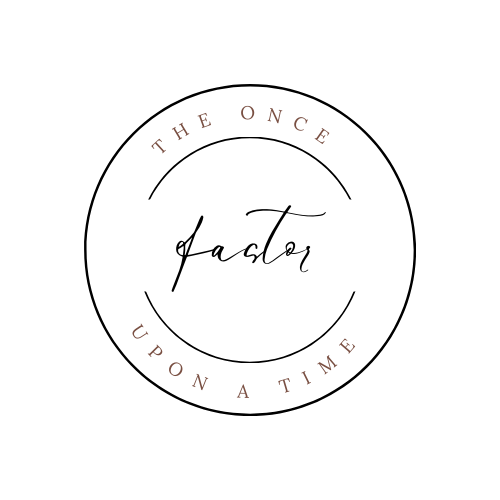
A piece I wrote for my church’s monthly newsletter:
Recently, I attended a bat mitzvah, a ceremony I have not been a guest at since 1989 when Mollie Bass had her bar mitzvah. Funny enough, I remember precisely what I wore and that there was dancing, but I don’t remember what my fourteen-year-old self would’ve called, “the serious stuff.”
This one had dancing, and while it was meant for the teens, we parents took over the dance floor once we convinced the DJ to play the best of 90s hip/hop. I remember what I wore too, but it was only a few days ago so it doesn’t seem as significant.
This time though, I remember (some) of the serious stuff. The book we used to follow the order of things had the scripture along with the Hebrew on the right side, and then creative writing that responded to the text on the left. The rabbi explained that writing creatively helps us enter into and connect with a story, and consequently, as the service went on, I ended up skimming the scripture, but reading more slowly the accompanying creative writing.
One of the pieces read: “What happened once upon a time, happens all the time.”
One of my dream book projects is to re-write the Bible from the perspective of the women in the stories. What would Esther have to say about her story? How would Mary tell it? How about Eve? Further, what would it do to the story if I were to write it from a woman’s perspective in 2022? Are there signs of Eve in today’s world? Are they represented in me?
Pursuing the project would mean returning to the stories in the Bible, and being willing to explore them again and again. This is because of my belief in the “once upon a time” factor. That is, these Psalms and Proverbs, these stories and parables that happened long ago are still relevant today. They happened and they are happening.
Consider Lent 2020. How did you live the stories and the scriptures to walk through 40 days of your own pilgrimage from Ash Wednesday to Easter morning? My husband, Jesse, dutifully watched First Pres’ services every Sunday. I rode my bike to Washtenaw Dairy and bought donuts and the New York Times.
I suppose it could be argued that I gave up church for Lent, but I don’t think I gave up on the story:
Metaphor: a thing regarded as representative or symbolic of something else
As in-
watching church on TV
instead of sitting in a sanctuary
because we can’t sit in a pew
we can’t take this bread
or drink from the cup.
If Palm Sunday took place today
there’d be no parade
none of us waving palms
celebrating a man
because we think we have an idea
of how good he is
how much he loves us
none of us have any idea
In this poem, I’m naming what is different – what’s awful – while reaching for what stays the same, what is eternal and forever – God’s love for us. It is beyond what we can comprehend or measure.
//
Our youngest daughter, Harper, learned to play the French Horn during COVID. I use the word “learn” loosely. Those days when we were all in isolation, Jesse and I stood in the kitchen expecting to see a French Horn drop to the backyard or through the ceiling. Here’s a poem about that, too:
Hope for things unseen
Faith is a French Horn
in a 5th grader’s hands.
It is having the confidence to doubt-
to scream and stomp and crumple up paper-
to write a message to the world
(and maybe yourself)
in a language other than your own;
tape it to the window facing outside
and then throw on your jacket
and snow boots that you were sure
you’d never wear again.
Go ahead and grab Bear, too.
And sit outside
in a world you love
and that breaks your heart
at the same time.
When it was time to register for next year’s classes, Jesse and I were fully prepared to accept that Harper would literally “quit the band,” and were surprised (and a bit fearful if we’re all being honest) when she said she wanted to sign up for 7th grade band.
“I haven’t had the experience, yet,” she said. “It doesn’t seem fair to have an opinion about it.”
Jesse and I were trying to protect her from frustration and discouragement (we should’ve known better), but Harper was willing to try again. Her once upon a time that happened is now, for the third year in a row, a once upon a time that’s happening.
Isn’t that what we do when we return to the stories of the Bible again and again? We cling to the musical notes we know of Adam and Eve, Jacob, Moses, Delilah, David, Ruth, Mary Magdalene, Judas. We do our best to listen for the melody. We join with others, playing alongside them, harmonizing, repeating, experimenting with volume and speed. We put ourselves into the song, and we learn more about who we are the more we play. It is then we begin to feel the breadth and depth of the piece.
And then, we go back and do it all over again.

Leave a Reply